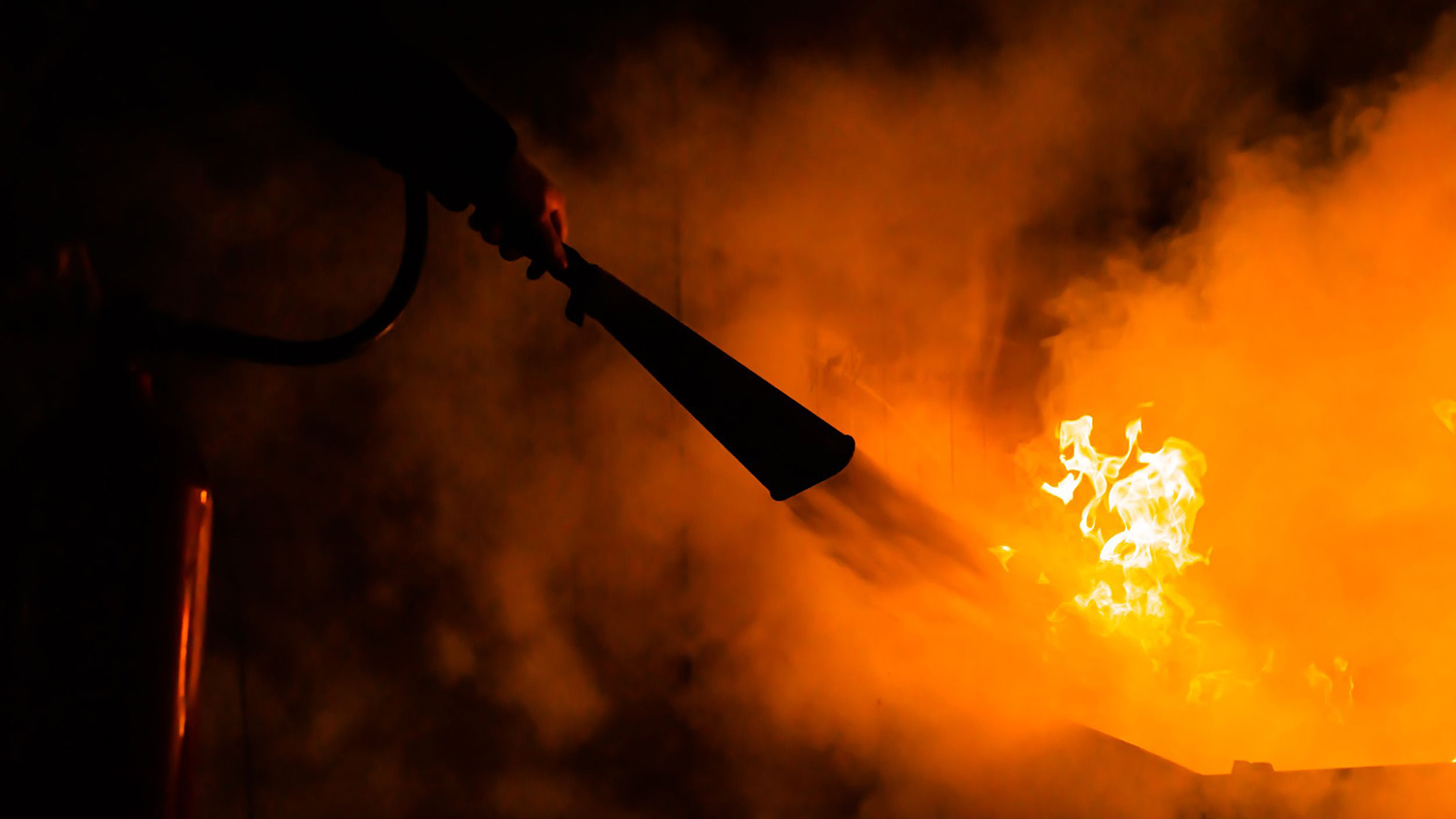The International Fire Safety Standards Coalition – a group of professional and not-for-profit organisations responsible for researching, developing, publicising and implementing IFSS globally for the construction and real-estate sectors – is seeking the views of industry experts on the development of the first global standard on fire safety.
Backed by over 70 industry organisations, as well as the United Nations and the World Bank, the coalition aims to bring transparency and consistency across the dozens of differing standards being used worldwide.
At present, the many contrasting standards across the world have resulted in significant variations in the design, approval, construction methods, products and operation of buildings.
The development of a common understanding of building design, construction and management will help to build trust and confidence amongst the many and varied actors including the public and the banks, ultimately underpinning improved quality of life and increased investment.
By creating a uniform set of principles and setting landmark minimum levels of fire safety and professionalism, the IFSS will:
- allow for harmonisation of fire safety principles and best practice;
- be as simple as possible, commensurate with allowing robust comparisons to be made;
- complement local and regional standards wherever possible;
- accommodate the need for periodic innovation, refinement, updating and change;
- recommend a standard reporting format, where appropriate;
- support the development of consistent language and terminologies for the worldwide, and increasingly mobile, professions involved in fire safety; and
- allow global comparisons and benchmarking and provide a system benchmark for international best practice.
IFSS is consulting on the development of new standards that will bring together examples of best practice from across the world on all aspects of fire safety at each stage of the property lifecycle. In particular, IFSS is seeking feedback on:
- establishing overarching safety principles as a first step towards creating a common framework;
- existing fire safety principles and fire codes for buildings to identify current good practice and evaluate deficiencies in local markets;
- the five principles that should be considered at each stage of the property life: prevention, detection and communication, occupant safety, containment, extinguishment; and
- future development of a glossary of common fire safety terms, a directory of and roadmap to existing regulatory codes, and standards.
The consultation closes on 23 March and the standards document will be published in July 2020.
You may also be interested in
RELATED CONTENT
RELATED COURSES

The Fire safety course introduces learners to the dangers, controls and responsibilities associated with fire safety.

The Fire warden course provides the knowledge and skills for a fire warden to identify hazards and prevent fires.

Introduction to health and safety gives learners a basic introduction to managing safety in their workplace.

With many changes introduced by the Building Safety Act 2022, implemented in April 2022, there remains some confusion over who’s responsible for what ...

Over 60% of people responsible for fire safety in the workplace believe they “could be doing more to ensure the building is fire safe".

From 23 January 2023, responsible persons will be required to comply with additional responsibilities introduced under the Fire Safety (England) Regul...

The Fire Safety Bill has been introduced as part of the government's commitment to improving building safety.